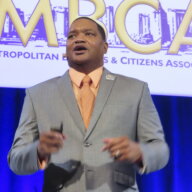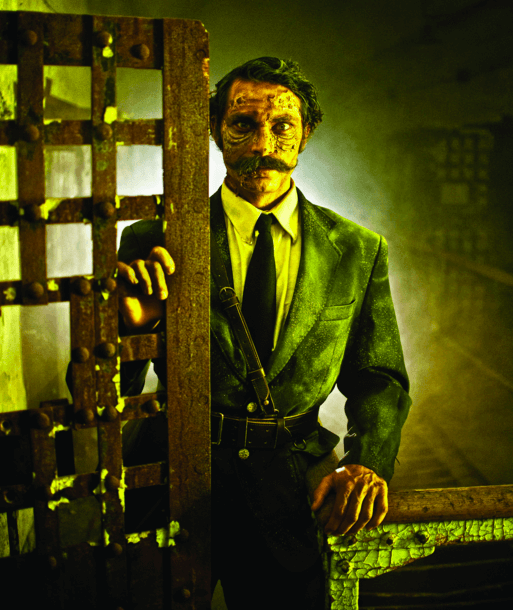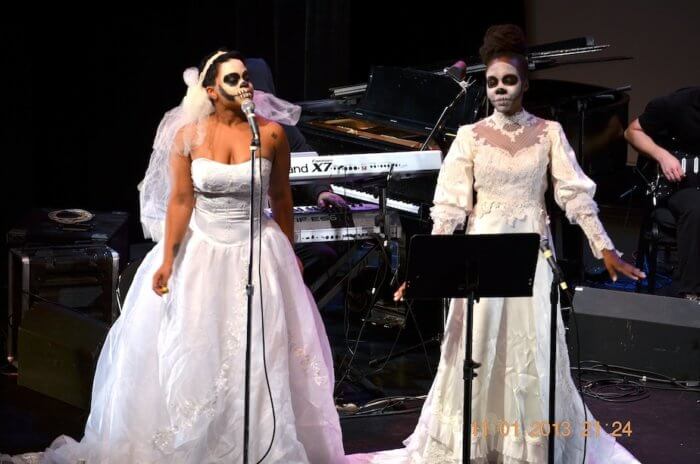Stark and taxing, Greek director Theodoros Terzopoulos’ “AJAX, the madness,” an adaptation and extreme distillation of Sophocles’ play, was a stunning highlight of the 2013 Fringe Festival. Focused intensely on the idea of Ajax’s madness, the play featured a trio of actors moving slowly through a series of rigorously maintained poses while intoning fragments of text. Blanka Zizka, artistic director of the show’s co-presenter, the Wilma Theater, was moved to collaborate with Terzopoulos on a new piece. The result is “Antigone,” an exploration of another Sophocles piece that also draws inspiration from a New Yorker article about the aftermath of the Boston Marathon bombing. “I have developed the idea of the unburied dead on many different occasions,” says Terzopoulos through an interpreter. His “Unburied Bodies” project unites his Attis Theatre with other theaters and creators around the world. Viewing contemporary issues and events through the lens of an ancient Greek play is key to Terzopoulos’ approach, the director explained. “The great classical texts speak about the human being in all its different dimensions, situations and epochs. ‘Antigone’ includes the conflict of one person with state power.” The classic tragedy involves the struggles of Oedipus’ daughter Antigone to bury her brother, Polyneices, killed in a war over the city of Thebes. The Attis production is adapted from Marianne McDonald’s English translation, with ancient Greek retained for the chorus due, Terzopoulos says, to the “greatness of this language, which came forth from mathematics and includes very beautiful harmony and rhythm. It offers to the performers who speak this language a sense of activation and energy and a mystical sense of ritual.” Meetingthe gods
The cast of “Antigone” features three actors from Terzopoulos’ Attis company and eight Philadelphia actors, including Jennifer Kidwell in the title role. The entire cast has been involved in seven weeks of strenuous rehearsal — eight-hour days, including one hour of physical training. “It is a very particular way to approach great classical texts, which demands discipline, stamina, concentration, energy and a very good relationship of the performer to the text,” Terzopoulos says. “The performers of Attis do not perform for the first or the fifth row of spectators; they perform through the spectators, trying to meet the god Dionysus, the god of the theater for the ancient Greeks. This theater has a religious and a ritual dimension.” “Antigone,” at the Wilma Theater (265 S. Broad St.) Oct. 6 to Nov. 8.Tickets are $25-$45 at www.wilmatheater.org.
Performing ancient plays for a modern audience

Matt Saunders































